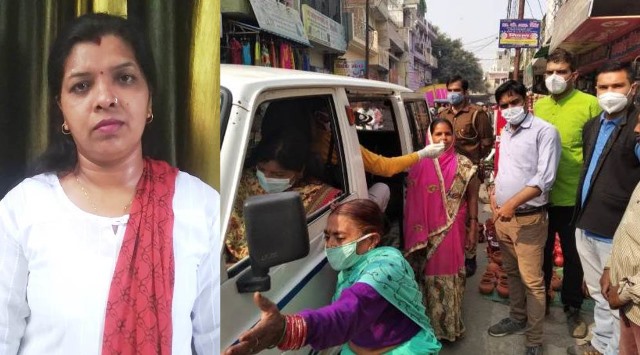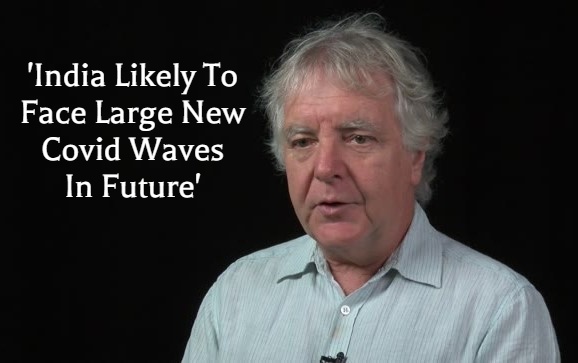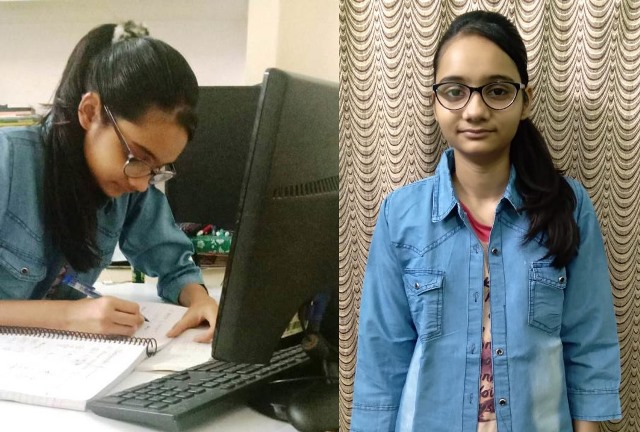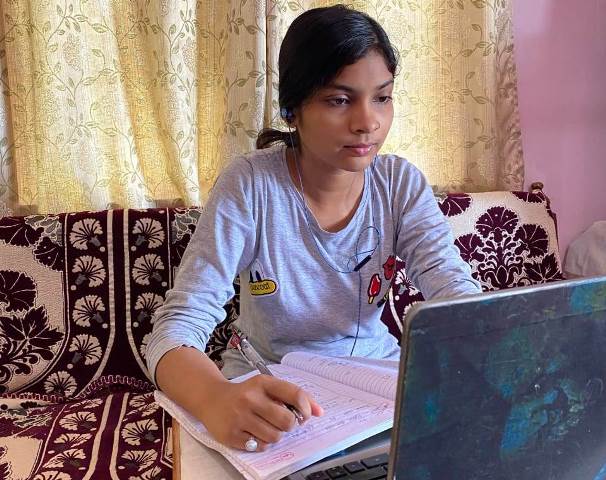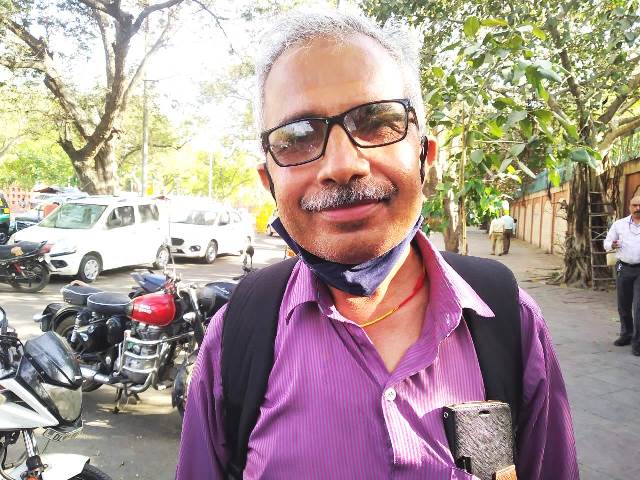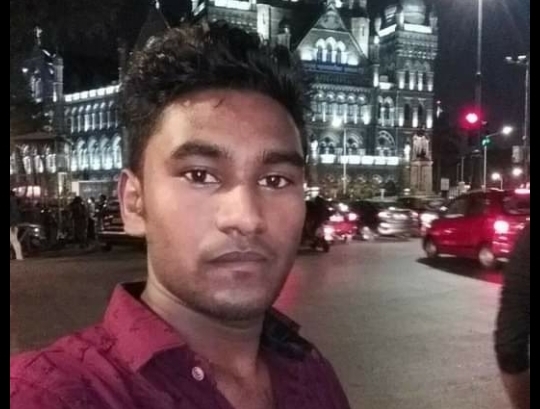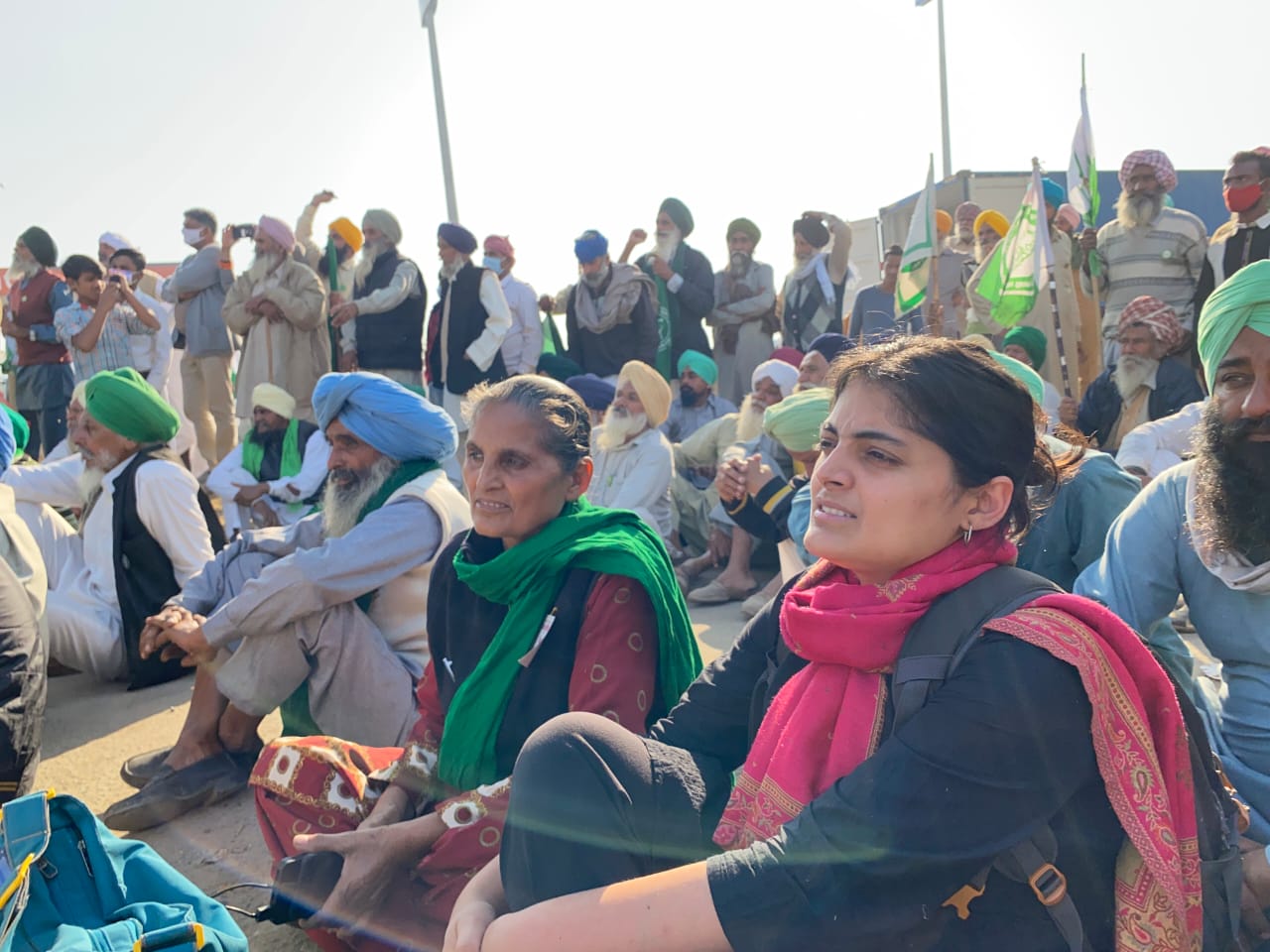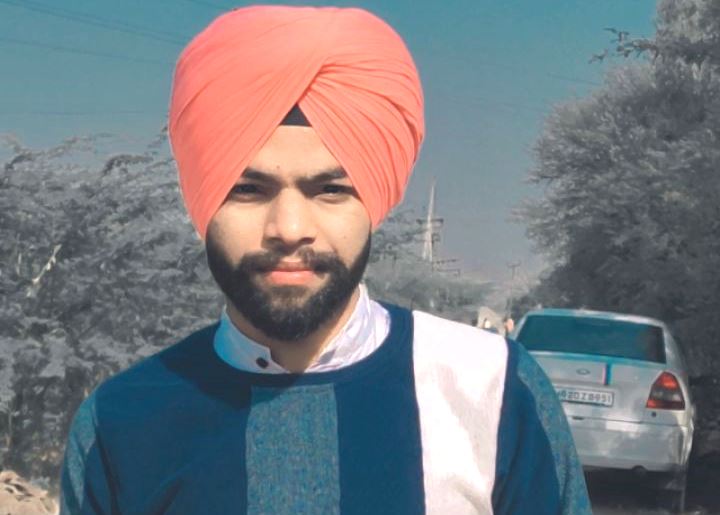Madhu Sagar, 38, a state healthcare counsellor from Moradabad, Uttar Pradesh, recounts the hardships faced by her team in their line of Covid-19 duty
You would think that after a year of the pandemic, things would be better for both frontline as well as other healthcare workers, but the public still needs to be sensitised properly about how they treat us. Doctors and healthcare workers try their best to provide the best of services and still if for any reason something goes wrong with the patients, then we are treated badly. Takleef hoti hai dekh kar (I feel bad many a times at the way healthcare workers are treated).
I have been in the medical line for over five years now and have been on Covid duty since October. And in the past six months we have seen the ugly side of people. With the pandemic’s second wave many people were caught off-guard and many of them are feeling stressed and angry. I am in the testing team. We are a team of five-six people including doctors and lab technicians etc. (I do the registering of patients), and every day we attend numerous house calls.
Even before the patients go to the hospitals for treatment, we go to test them and more often than not they take out their anger on us. We are the first line of people who face their anger. If we get late by any chance they say we are not doing our work properly. Galiyan bhi padti hain (we often face abusive people). There have been times when angry people chased our vehicle just because one of their relatives tested positive. As if we were to blame for their infection.

If two people call us and we test the person who first falls on our way rather than the person who called first, then also there are issues. We are trying our best to do our job, the pandemic and the virus’ behaviour is new for everyone, doctors, healthcare workers and patient alike.
If you remember, last year our district (Moradabad) was at the centre of a row when a healthcare team that had gone for testing people were pelted with stones and was made to run from the area. Thankfully the situation this year isn’t as bad as that. Most of the times it is verbal unleashing of anger which more or less we have learnt to take in our stride. People have begun to understand the pandemic better but I believe it can be understood even better. Since I am a counsellor in my regular duty, I try to soothe people who have tested positive or their family members who have caught the virus.
ALSO READ: ‘Ignore Fake News, Vaccines Must For All’
I myself got infected by the virus on April 14, and then my brother, father, kids, husband, everyone contracted it. As soon as I was in the clear, I joined duty. When people tell us we don’t understand them I want to tell them many healthcare workers have caught the virus too, we understand how people feel. The vaccination process in Moradabad has been going quite well and we have very few positive cases currently.
I hope the pandemic gets over soon, we have working non-stop since October (since we were put on Covid duty). We haven’t got a Sunday off or even a day off to attend family functions. People should understand that we are giving the fight against Covid all we have got. We are all in this together. We understand each other.
